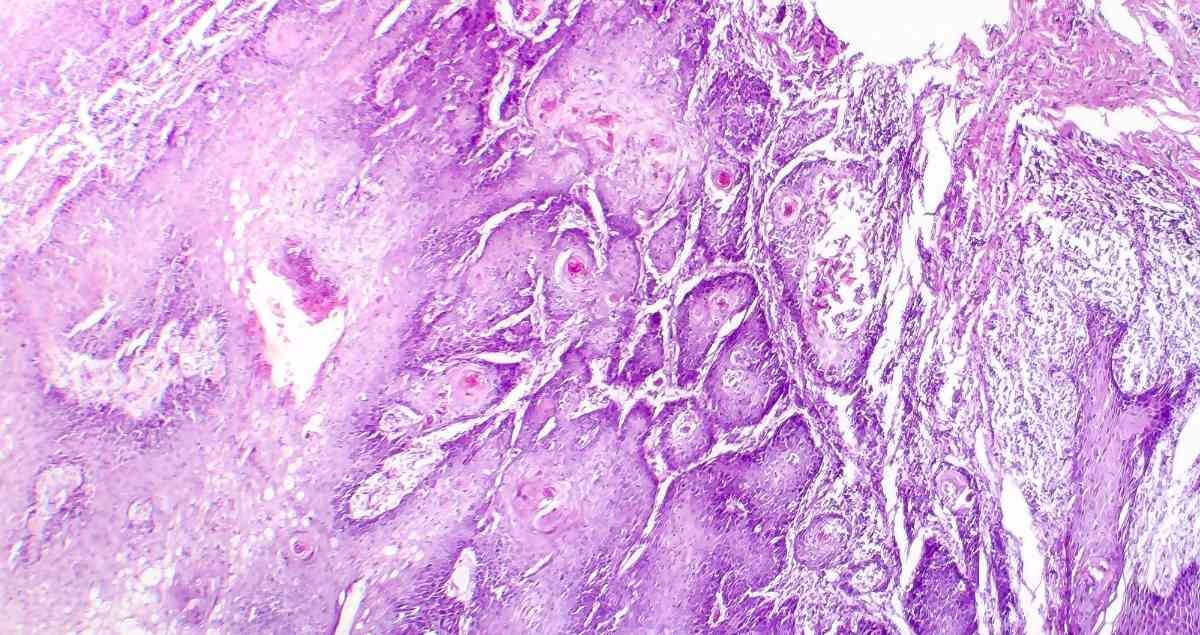
Tardive Dyskinesia Treatment can be considered as an issue in the field of mental health and specifically in those who have been under neuroleptics several years is definitely something we have to take into consideration. This condition involves movements that are repeated and out of the person’s control which can be very distressing. At times, it can interrupt a person’s life to the point that they are unable to do enjoy the normal activities they used do. In this blog we sort of ‘dive’ into the complexities of the tardive dyskinesia, its connections with the treatments for psychiatric patients, and the developing areas for the management of the condition.
Understanding Tardive Dyskinesia
Chronic as tardive dyskinesia is called, it closely relates to antipsychotic medication, majorly for schizophrenia, bipolar disorder as well as other mental issues. The main symptoms of TD are both shakes and movement that the person does not control, e.g. twitching of the face, tongue, hands or torso. Such conditions can vary in terms of their severity and can involve challenges with speaking, walking, and other activities required for living a normal everyday life.
The Role of Antipsychotic Medications
Antipsychotic medications are a cornerstone in treating various psychiatric disorders. They help manage symptoms such as hallucinations, delusions, and severe mood swings. However, the long-term use of these medications, especially the older, “typical” antipsychotics, has been linked to the development of tardive dyskinesia. Even newer “atypical” antipsychotics, like aripiprazole (marketed as Abilify among other names), which have a lower risk profile, can still lead to TD in some individuals. Understanding the potential abilify side effects or aripiprazole side effects is crucial for patients and healthcare providers to make informed treatment decisions.
Treating Tardive Dyskinesia
In order to manage TD, a range of methods is usually implemented, with the main purpose of relieving the symptoms and improving the person’s standard of life.Treatment strategies may include:
- Medication Adjustment:The first step would possibly be to evaluate the current medication regimen of the patient based on psychiatric disorder. This could amount to a lower dose, replacing with another med easier for TD, or having the antipsychotic scratched from the list if the situation is not too serious.
- VMAT2 Inhibitors: These are a new class of medications specifically approved to treat tardive dyskinesia. They work by regulating the release of dopamine in the brain, which is believed to be involved in the development of TD symptoms.
- Physical Therapy and Supportive Treatments: Physical therapy can help manage symptoms and improve motor functions. Additionally, occupational therapy and speech therapy may be beneficial for those with severe movements affecting daily activities.
- Holistic and Supportive Care: Managing the psychological impact of TD is also essential. Support groups, counseling, and other mental health services can provide valuable support to individuals and families affected by tardive dyskinesia.
The Importance of Early Detection
The early detection of tardive dyskinesia symptoms should be central to treatment because it is vital for producing the best possible outcome. Checking patients under the long-term antipsychotic treatment regularly (TDM) makes it easier to identify the early signs of TD and provides all the time needed to change or find new treatment strategy.
Advancements in Tardive Dyskinesia Research
In (still) ongoing studies on the underlying causes of tardive dyskinesia, the future hope is to develop more successful methods of management. Many researchers are looking into the genetic factors that can ban people to develop the illness or production of the new drugs are the areas that need more attention.
Conclusion
Tardive dyskinesia remains a challenging side effect of essential antipsychotic medications, underscoring the delicate balance between managing mental health conditions and mitigating the risks of long-term medication use. As our understanding of TD and its treatment continues to evolve, so too does the hope for improved quality of life for those affected by this condition. A proactive approach, including regular monitoring, informed medication management, and comprehensive support, is key to navigating the complexities of tardive dyskinesia treatment.









